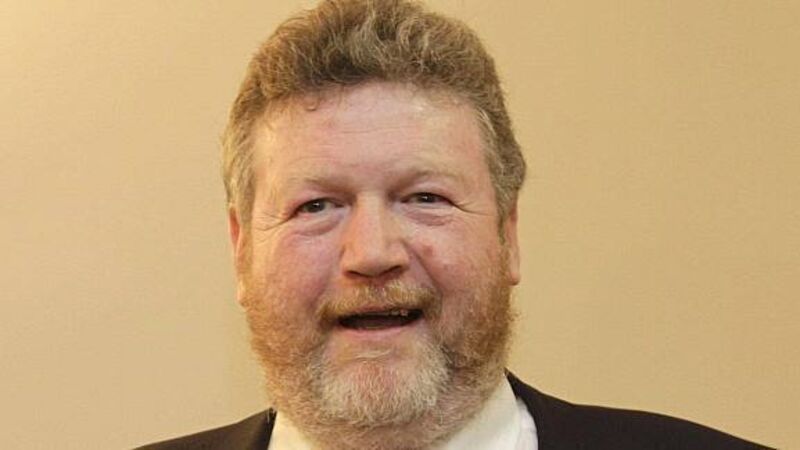Prescription charges curb abuse of system but it’s vital to protect most vulnerable

Medical card prescription charges provide the Government with the opportunity to increase revenues without increasing taxes or reallocating resources. Thus, they have proven to be a valuable source of revenue for the cash-strapped Government — collecting €105m since their introduction in 2010.
Furthermore, the charges are a useful tool for reducing moral hazard among medical card patients. That is, they can reduce wasteful use of healthcare resources by unnecessary prescriptions and/or over-prescribing.
The Primary Care Reimbursement Service (including medical cards) provides access to prescriptions at a lower cost to those deemed eligible. Eligibility is determined by a means test which is designed to be fair and equitable providing access to healthcare for persons who without undue hardship could not arrange GP, medical and surgical services for themselves and their dependents.
Prior to the introduction of prescription charges, for all those with a medical card, prescriptions were free. In 2010, however, the government introduced a €0.50 charge on all prescriptions for medical card holders. This was increased to €1.50 last year.
According to the law of demand, as the price of medicines decrease the quantity of medicines demanded will increase ceteris paribus. Such an effect influences patients’ and providers’ economic incentives, which could potentially result in excess use. This relates to the concept of moral hazard which can be used to explain a situation of excess use owing to changes in behaviour. With the introduction of a prescription charge, there is an attempt to reduce this risk of excess use by increasing the price of medicines, while simultaneously raising revenue.
Consequently, one would have expected government spending on the medical card scheme to decrease following the introduction of the charge. This was the case in 2011, where spending decreased 5% relative to that in 2010. However, it surged again in 2012 (9% increase).
According to the HSE Annual Report and Financial Statements 2012, the main drivers of this growth have been the increased number of people eligible for medical cards (owing to rising unemployment etc) — 5% increase from 2010 to 2011 and 9% increase from 2011 to 2012; as well as rising claims for medicines, in particular high tech drugs.
At a time when the health budget overspend is predicted to hit €100m by year end, the revenue from prescriptions is welcomed and relied on.
It is predicted that the budget for 2014 will aim to make adjustments of €3.1m, made up of spending cuts (€2m) and tax increases (€1.1m). Given the current health budget deficit and rising costs of delivering healthcare, as well as the expected costs of introducing the proposed reforms (such as money follows the patient, universal health insurance, free GP care etc) it is unlikely that current and prospective patients will escape further cuts and increased prices. Unfortunately, medical card prescription charges are an easy target and could be increased in the next budget relatively easily.
Regrettably such a measure would affect those most vulnerable in society — the poor and sick, for whom the schemes are intended. This could have long-term implications on the health system, whereby patients who avoid treatment in the primary care setting may end up being hospitalised.
Imposing charges to generate revenue and reduce excess use of medicines is reasonable however policy makers should be mindful of implementing it on an equitable basis.
*
















